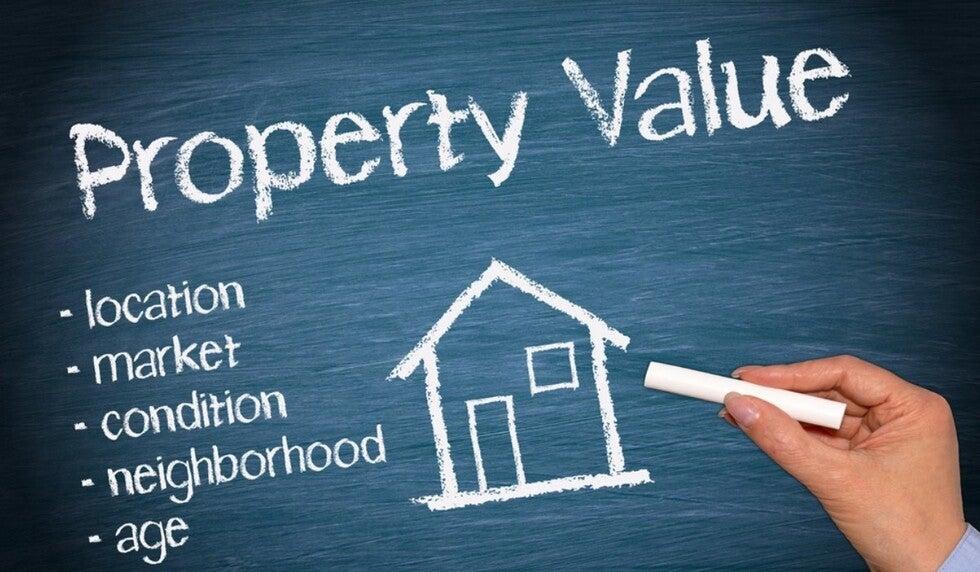- Contact Us Now: (201) 494-2800 Tap Here To Call Us
How Realtors Determine the Value of Your Home

When it comes to selling or buying a home, one of the pivotal aspects is understanding its market value. Realtors, armed with a blend of experience, local market knowledge, and sophisticated tools, engage in a process akin to alchemy to determine the true worth of a property. In this blog post, we’ll unveil the secrets behind the scenes and explore the methods realtors employ to assess the value of a home.
Comparative Market Analysis (CMA):
At the heart of real estate valuation lies the Comparative Market Analysis (CMA). Realtors meticulously analyze recent sales of comparable properties in the vicinity to gauge the market trends and arrive at a realistic value for the subject property. Factors such as square footage, number of bedrooms and bathrooms, location, and specific features are taken into account during this process.
Local Market Trends:
Real estate is inherently local. Understanding the intricacies of the local market is crucial for determining a home’s value accurately. Realtors stay attuned to factors such as economic developments, employment rates, and infrastructure projects that may influence property values. By staying abreast of local market trends, real estate professionals can make informed predictions about the future value of a property.
Property Condition and Upgrades:
The condition of a home plays a fundamental role in its valuation. Realtors may assess things like the property’s maintenance history and any recent renovations or upgrades. A well-maintained property with modern amenities is likely to fetch a higher value in the market. Conversely, a property in need of extensive repairs may be valued lower.
Neighborhood Dynamics:
The value of a home is intricately linked to its neighborhood. Proximity to schools, parks, shopping centers, and public transportation can significantly impact a property’s value. Realtors examine neighborhood dynamics, considering both present and potential future developments, to provide a comprehensive valuation.
Economic Factors:
Beyond the immediate neighborhood, realtors consider broader economic factors that may affect property values. Interest rates, inflation, and overall economic health can influence the real estate market. A stable economy generally correlates with higher property values, while economic downturns may result in a softening of the real estate market.
Appraisal:
In many real estate transactions, an appraisal is conducted to determine a property’s value. An appraiser, often hired by the lender, evaluates various aspects of the property and compares it to recent sales in the area. Realtors work closely with appraisers, providing them with essential data and insights to support their valuation process.
Conclusion:
The art of determining the value of a home is a nuanced and multifaceted process. Realtors, armed with a combination of market knowledge, analytical tools, and intuition, navigate through the complexities to arrive at a fair and accurate valuation. For homeowners and potential buyers, understanding these factors can demystify the valuation process and empower them to make informed decisions in the dynamic world of real estate.
Call Joseph DiPiazza, Esq. or visit our website at www.jadlawfirm.com to schedule your consultation. Let us turn your real estate aspirations into reality!


